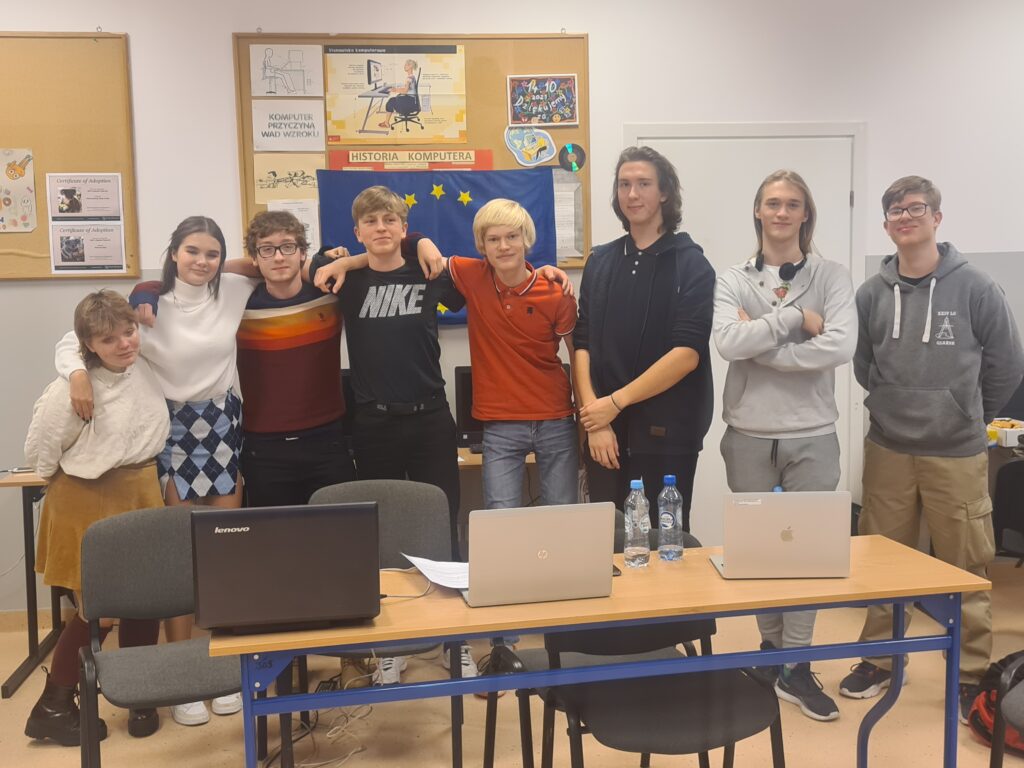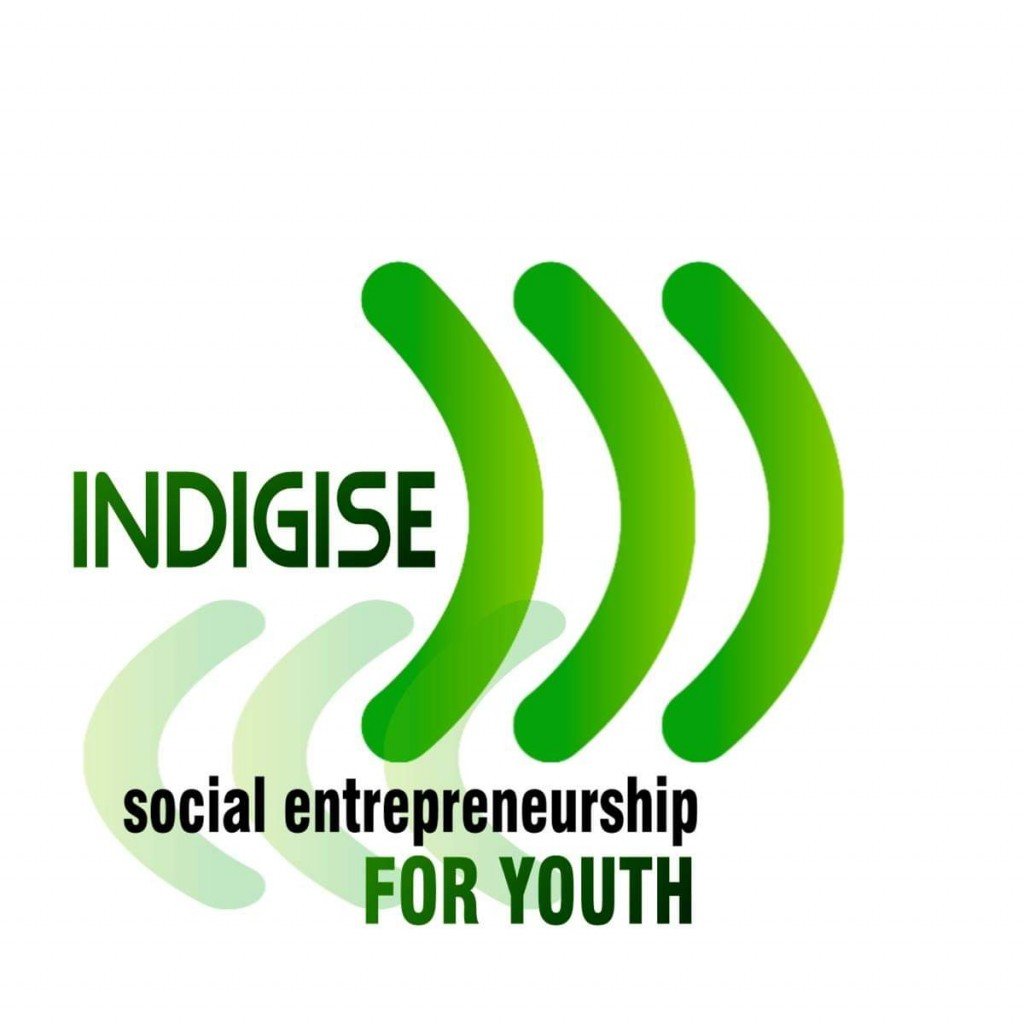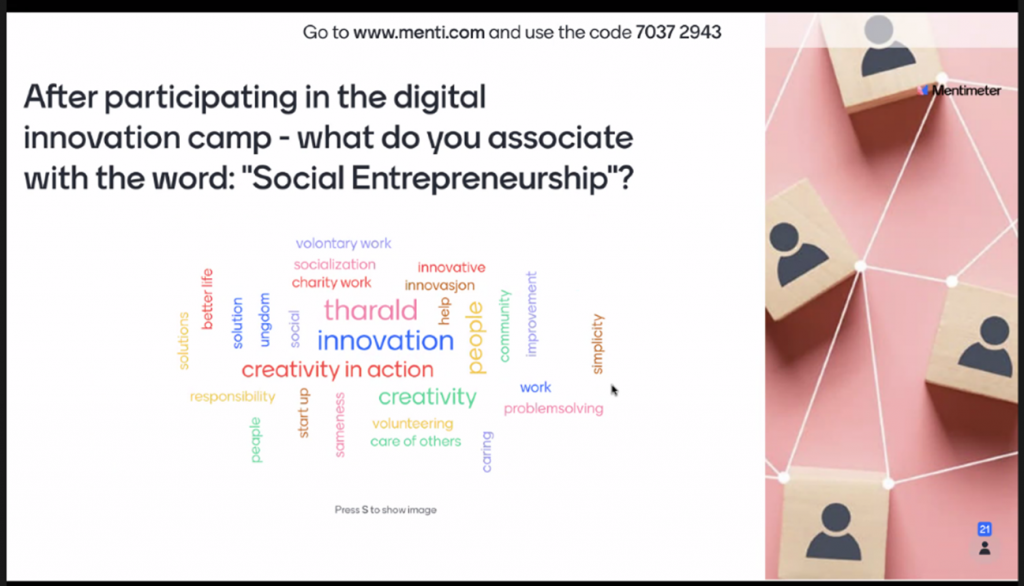International Digital Innovation Camp has been organized online from 15-17th of November 2021 for young people from Lithuania, Poland, Latvia, and Norway to design and validate social entrepreneurship ideas designed by youth for solving specific challenges – loneliness and social isolation of people. The event has been scheduled for three days to introduce participants to the challenge and the context of their work, initiate brainstorming and idea conceptualization in national groups, engage mentors to provide feedback, develop their own presentation and present the solutions developed by young people.
The results were more than AMAZING! <3
So what exactly has happened?
Day 1 (16.11.2021)
The event has started with the short intro from the Digital Innovation Camp organizer, Tharald Lundvall from Junior Achievement Norway. An energizer activity was organized by Even Fjellestad from UiA CoLAB.
Mini-lecture was held by Chief architect, town planner, and co-housing idea enthusiast Michael Fuller Gee. He has introduced young people to the problems different society groups face today and the ways in which mindful city planning might solve them. He has spoken about the problem of loneliness and the inability to connect socially for those, who live alone. These problem has been clearly showcased by the Covid-19 pandemics and the rising numbers of depressions and suicides detected. There are different reasons for the single-person household trend and each case is individual. However in the future when there are twice more seniors as we have now, the consequences might not be beneficial, especially for those being unable to move on a long-distance or receive healthcare or other services due to living in distant places and having no support around.
Therefore Michael Fuller Gee has introduced his concept of co-housing and its’ principle’s implementation in the city design as a solution to the emergent problem. Co-housing allows to build communities around the living spaces and combat the feeling of isolation and loneliness among very distinct social groups and even within them. This introduction helped Innovation Camp participants to become more aware of the relation between city planning and the emotional state of its inhabitants.
After the presentation, participants were provided with information on the context of their work. Due to the Covid restrictions and inability to meet in Kristiansand, Norway (initially planned Innovation Camp destination), the video was compiled to show around the Kristiansand and the specific venue – the Kings Center in Kristiansand. The center is an old building being restored to transform it into a co-housing for the elderly, youth, and people with physical disabilities under the same roof. Kings Center has been introduced as an object and the basis for the projects developed by Innovation Camp participants.
Later participants were divided into national groups to work on one of the assignments proposed. They were supposed to design activities and services (e.g. care services, social activities, business activities) that make the co-housing centre an attractive place to live in for:
- elderly people,
- people with physical disabilities, or
- students
Also, participants were supposed to explain how can their planned solutions be implemented/organized and carried out jointly by the inhabitants.
In national teams, young people started designing their ideas and discussing the possibilities.
Day 2 (16.11.2021)
During Day 2, national teams have continued to work on their project ideas. Each team had a chance to present their draft ideas to the mentors and receive feedback for improvements. Teams have discussed the variety of ideas with mentors from Norway, Denmark and Latvia, and chosen the ones with the highest potential. After consultancy with mentors and within the teams, participants were able to conceptualize the presentations of their developed solution.
Day 3 (17.11.2021)
On Day 3, all teams made their final touches to the presentations and presented their project ideas to the jury and Innovation Camp participants. The final presentations included one team from Latvia, one team from Lithuania, 2 teams from Poland, and 2 teams from Norway. Participants were assessed by the Jury based on the following evaluation criteria: Answering the assignment, Creativity, Feasibility, and Presentation quality.
On behalf of the INDIGISE project network, we applaud and congratulate all three winning teams of the Digital Innovation Camp – Team Poland (1st place), Team Lithuania and Team Latvia (shared 2nd place).

So, what solutions have been developed to ensure the King’s Center co-housing concept succeeds in delivering an inclusive social environment and emotional wellbeing to its inhabitants – youth, people with physical disabilities and youth?
Six teams of young people from Lithuania, Poland, Norway and Latvia have proposed the solutions, that has the potential to improve seniors’, youth’s and disabled peoples’ physical activity and emotional state indoors and outdoors, pointing out the opportunities to place training stations and areas around the King’s center in Kristiansand. The team from Latvia has even introduced the concept of E-sports Academy for seniors, focusing on seniors-customized and ergonomic video gaming and quality leisure time together with young gamers in a cohousing. Other ideas have introduced different concepts of spending time in a community environment by crafting and doing arts together, preparing food and sharing cafe areas, designing common communication platforms and motivation systems of volunteer and other stakeholder engagement in community life. Community gardening has also been chosen by several teams as a great idea to be introduced in a King’s community center to combat isolation, loneliness and improve life quality.





(pictures from the presentation of Innovation Camp participants – presented by the teams from Latvia, Lithuania, Poland, Norway)

The event has been developed under the INDIGISE project funded by the Erasmus+ programme. The content of this publication is the sole responsibility of the project coordinator and may not always reflect the views of the European Commission or the National Agency.


